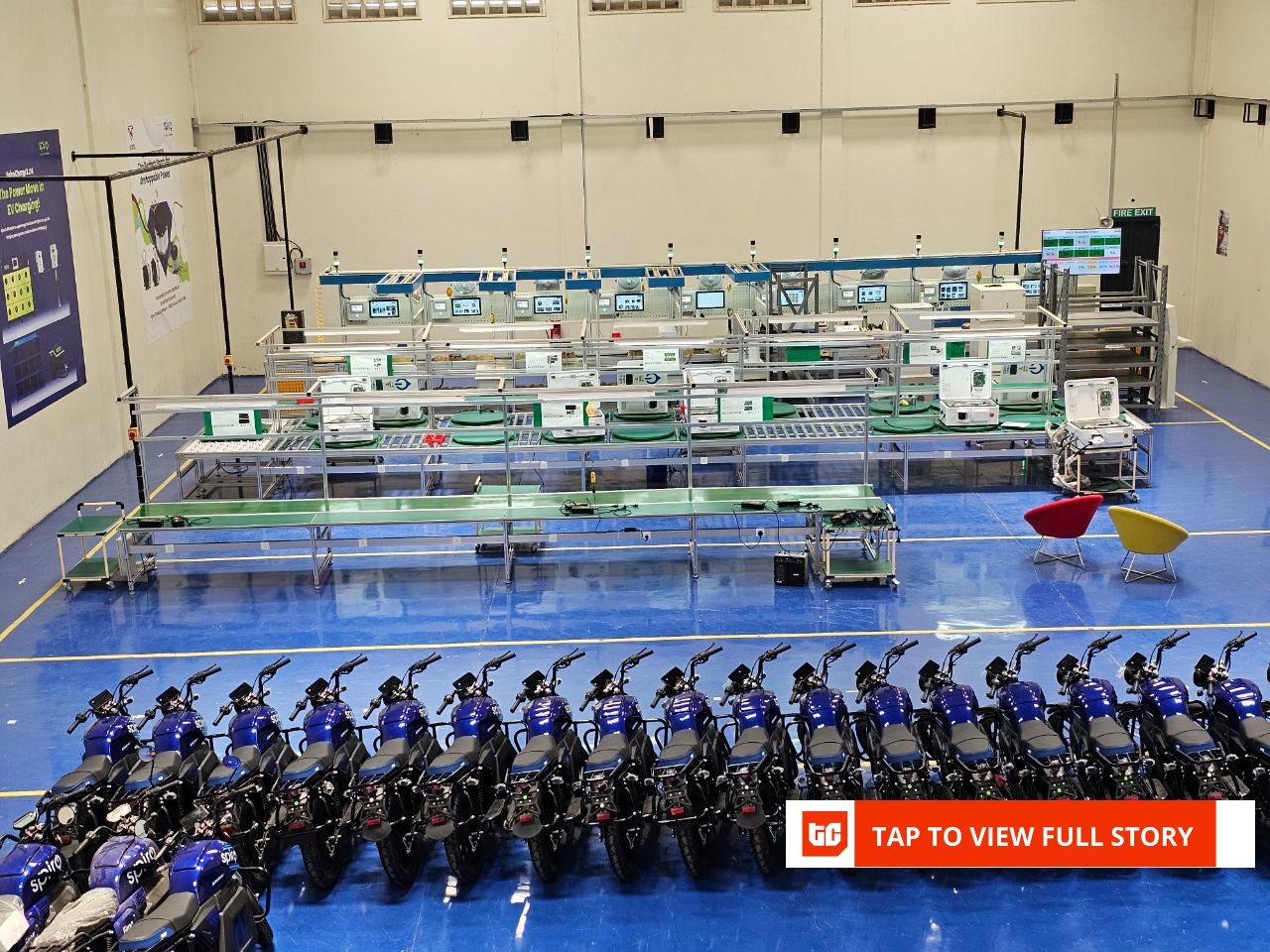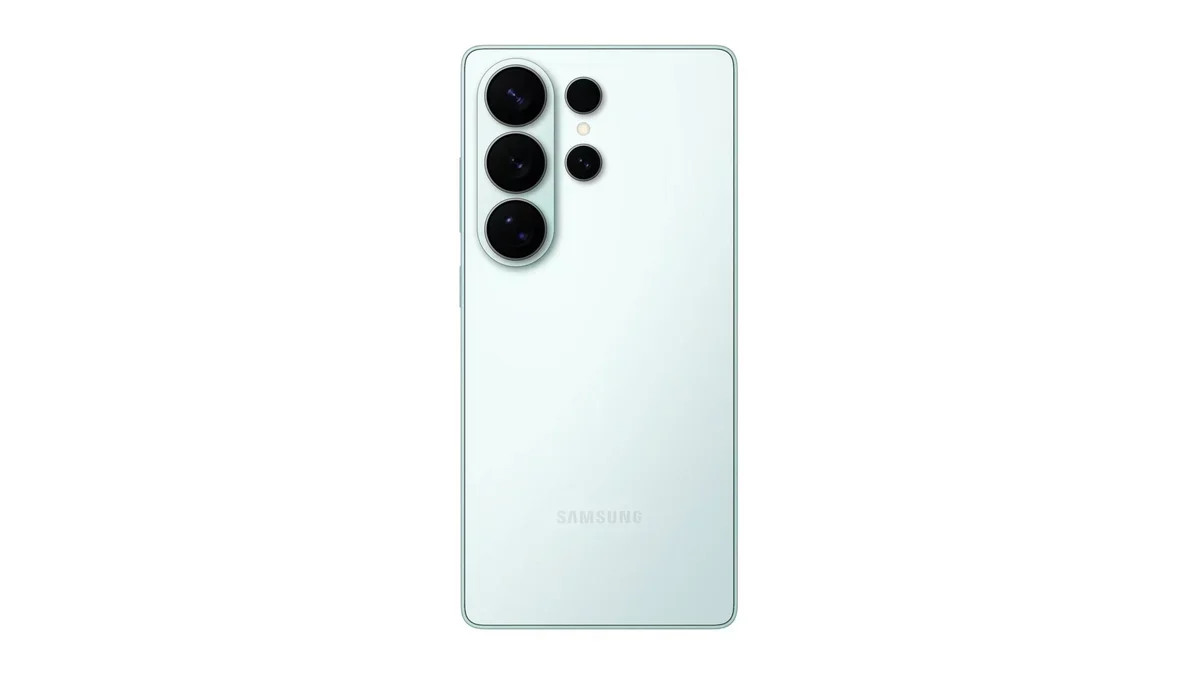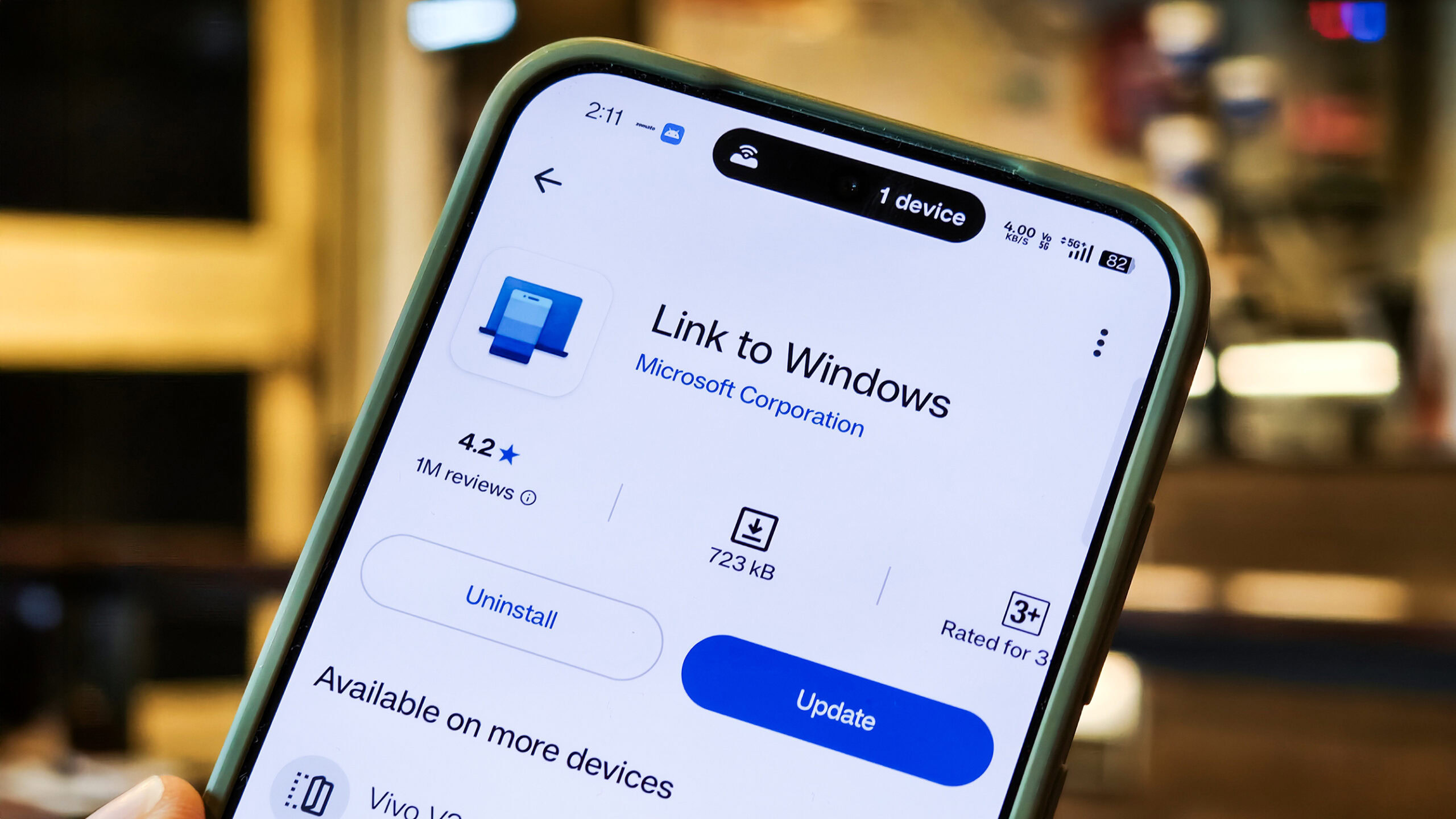Adamya Sharma / Android Authority
I consider myself a smart consumer, and when the time comes to upgrade to a new phone, I like to plan things out. I’m not an impulse buyer, and I try not to get caught up in all the marketing mumbo jumbo or the latest and greatest that may be overkill for me.
What I do is ask myself a series of questions that help me pick the right phone — with the right specs, at the right price, and at the right time. This makes me feel like I’m in control of the entire process instead of being swayed by emotion, which, in my opinion, is usually a recipe for disaster.
What kind of phone buyer are you?
14 votes
Do I actually need it?
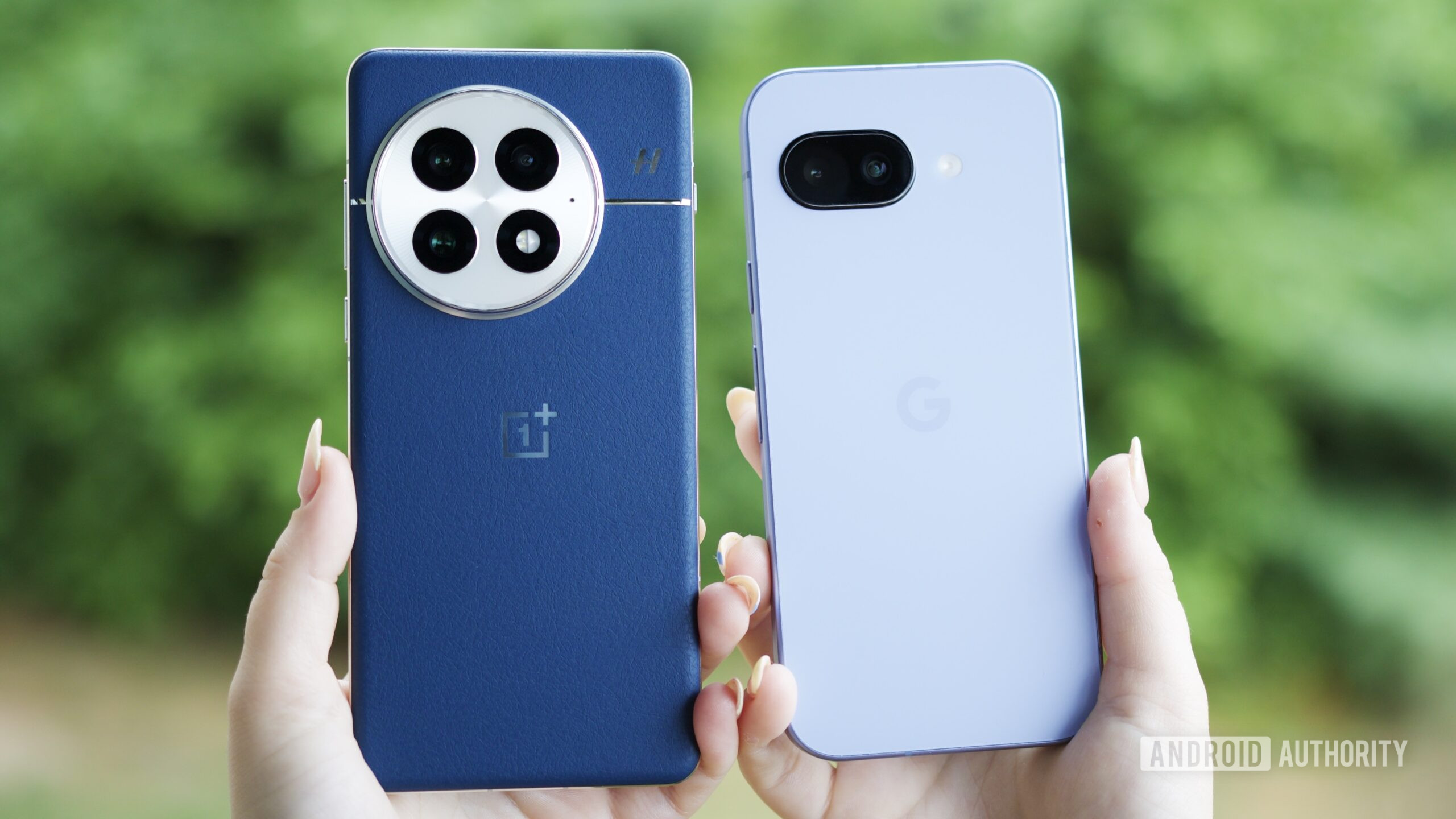
Joe Maring / Android Authority
The tech lover in me would like to update to a new phone every single year — in some cases, even twice a year. However, a smart consumer never buys a new toy just because it’s shiny, but because they actually need it.
To avoid buying something I don’t need, I ask myself whether I really need a new phone or if I’m just tired of the old one. I think carefully about the pain points I have with my current device. Is it too slow for what I use it for? Is the battery life beyond terrible? Is it scratched up and no longer pleasant to use? Are there any specific features it lacks that would add real value to my life?
If the answer to any — or all — of these questions is yes, then I know that buying a new phone is worth the time and money I’ll spend on it. But if the answer is no, meaning that my phone still serves me well, it just means I’m tired of it and want something new to play with. My emotions are getting the best of me, and in cases like these, I ditch the idea of a new phone altogether.
Which features are non-negotiable?
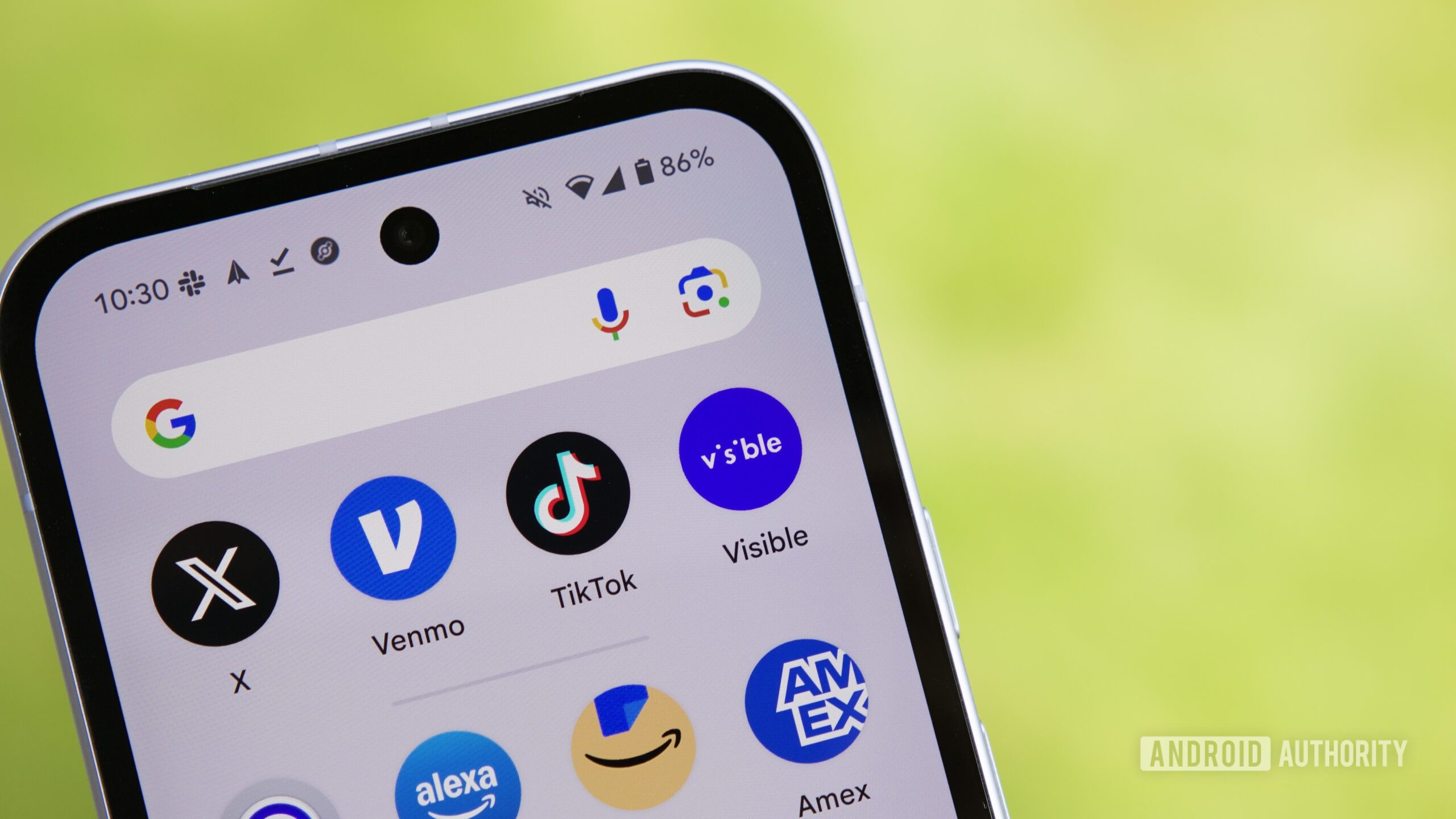
Joe Maring / Android Authority
If I decide that a new phone is something I really need, it’s time to narrow down my options. The first step is to figure out which specs and features are essential.
I care about a compact body with a display that doesn’t measure more than around 6.2 to 6.3 inches. It’s the perfect size for me, as a device of that size is easy to use in one hand and is very pocketable. I also want a great, simple, bloat-free software experience, which eliminates a lot of the smaller Chinese brands that are popular in my region — Europe. Speaking of software, seven years of support is a must. While I don’t plan on using my phone for that long, I usually give it to a family member, and still receiving software updates makes it that much more usable. A competent chipset is also high on the list. While it doesn’t have to be the latest and greatest, I like something that has some extra kick and won’t slow things down for me.
Don’t want to miss the best from Android Authority?


Then there’s the battery life. I don’t want to charge the phone more often than I have to, so a battery that’s larger than average is something I look for. And let’s not forget about the camera, which has to be on a high level. I don’t necessarily need three or more rear cameras, but the ones that are there should be very good — especially at night. The last thing I look for is a great design. I care about how a device looks and feels in the hand since it’s my most-used piece of tech. I don’t use a case, which means the design becomes that much more important to me.
Which features do I not care about?
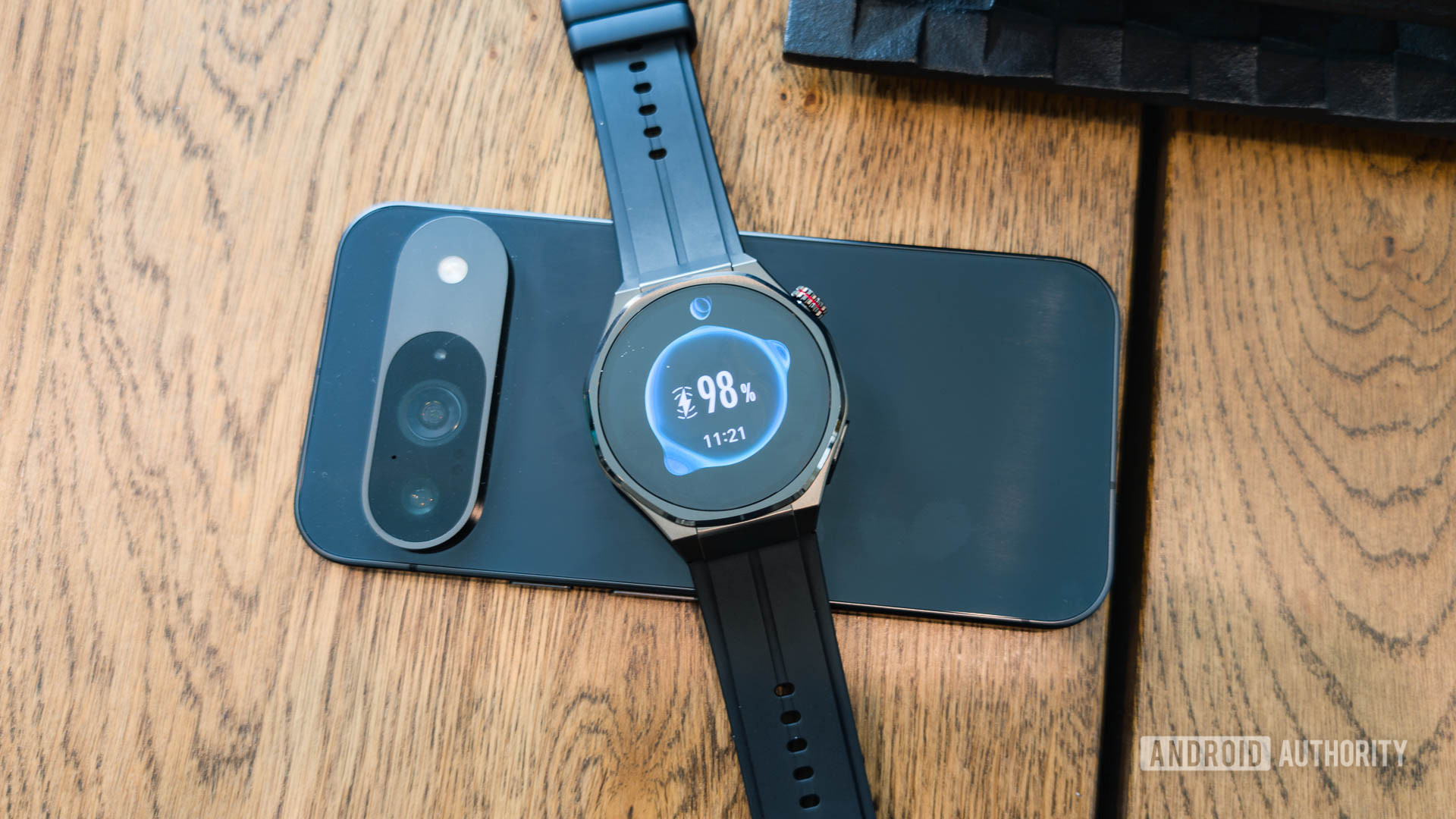
C. Scott Brown / Android Authority
To narrow down the list even further, I start to think about the specs and features I don’t care about — those that I don’t think I’ll use, regardless of how good they look on paper. This helps ensure I don’t let my emotions take the steering wheel when I see a shiny new feature a company has masterfully marketed.
Some of these may be a bit controversial, but here we go. An IP rating is not that important to me since I’ve never had issues with my phone getting wet, dropping it in a pool, or anything like that. If the phone I want has it, so be it, but it’s not something I pay attention to.
I don’t care about wireless charging, tons of storage, or a fancy slim design.
Then there’s wireless charging. This used to be a premium feature but has trickled down to mid-range phones over the last few years. It’s the same story as with the IP rating. I don’t mind if it’s there, but it’s not something I care about and almost never use. Then there’s an excessive amount of storage, like 512GB or more. I rely on the cloud for most of my data, making it easy to access everything from multiple devices. It also saves me time when switching to a new phone.
The last thing on this list is a super-slim design, like that of the Galaxy S25 Edge or the new iPad Air. A slimmer design means a smaller battery, which is a no-go for me. Besides, I don’t find phones to be too thick these days anyway, so I’m not quite sure why manufacturers started this new slim-body craze. It seems to me that innovation is slowing down, and they need a new spiel to increase sales.
How much am I willing to spend?
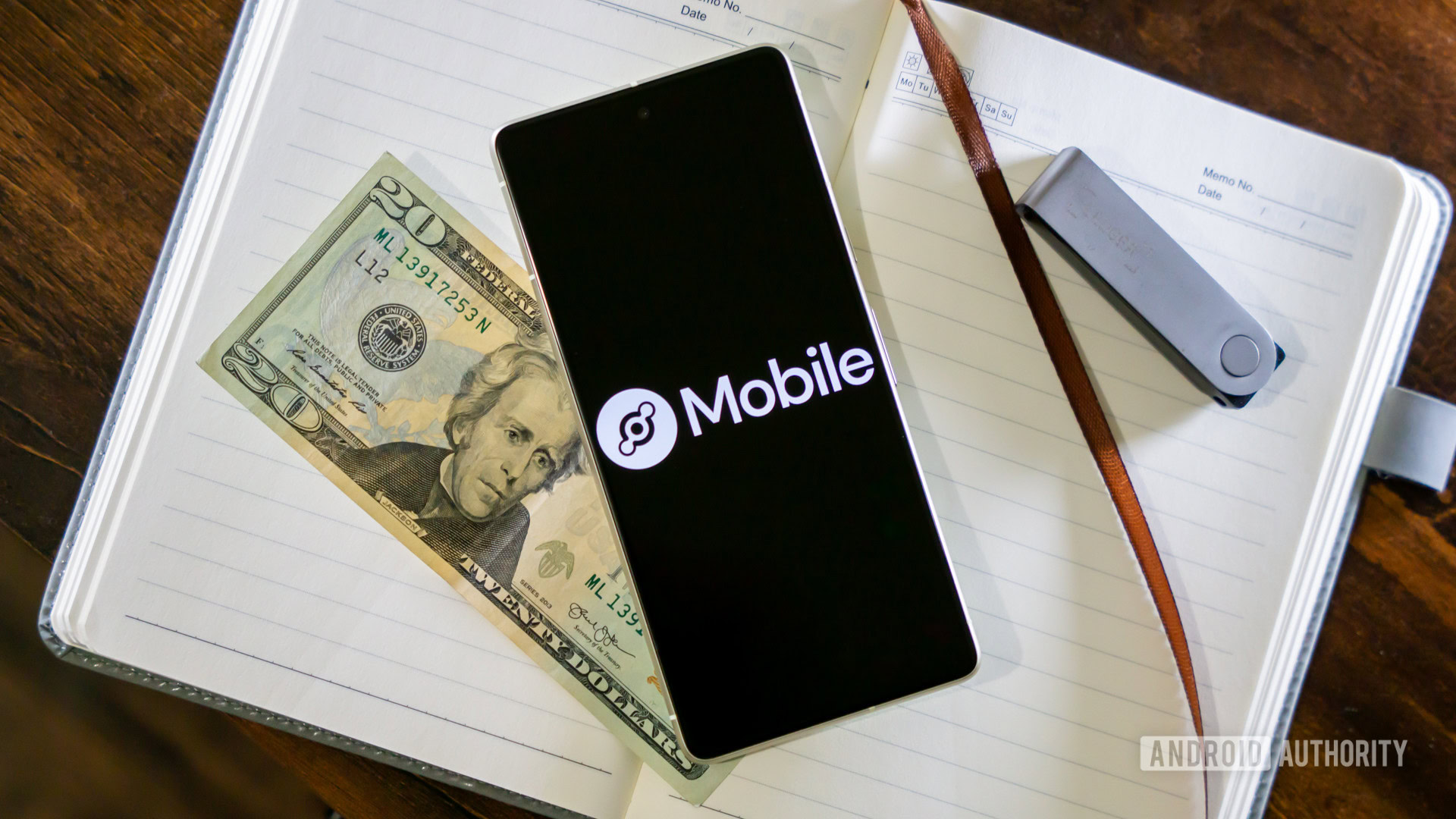
Edgar Cervantes / Android Authority
The previous two questions help me narrow down my options, but this one makes things even clearer. Whenever I’m in the market for a new phone, I take a good look at my finances to figure out how much I’m comfortable spending.
I have to take all the specs and features I want into account here, as they have to align with the price. I have to be realistic; having a $200 budget and wanting a Snapdragon 8 Elite Gen 5 phone doesn’t really go together. So, if there’s a mismatch, I have to either increase my budget if possible or make some compromises on the type of phone I want.
Having a price in mind makes sense to avoid letting your emotions get the best of you and spending more than you are comfortable with. I’ve seen it happen, especially when the salesperson knows what they’re doing and the payment plan makes a phone seem cheaper than it actually is. Don’t fall for it — set a budget.
When should I buy it?
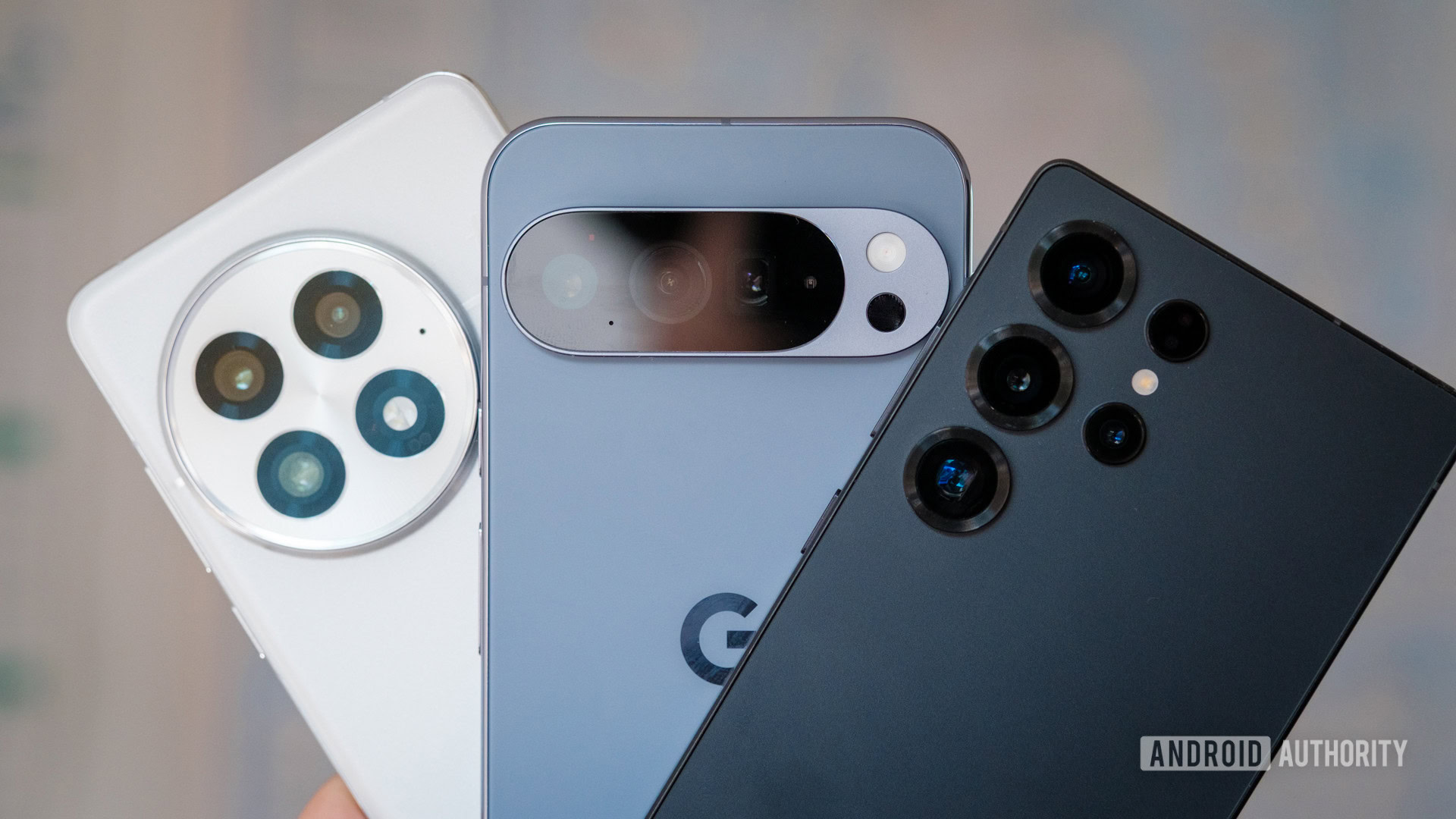
Robert Triggs / Android Authority
Timing plays a crucial role, as a smart consumer never just buys a phone on the day they want a new one. Granted, there are exceptions, like if you break your phone and need a new one immediately. But generally speaking, it makes sense to start thinking about your purchase a few weeks, if not months, in advance, as that will yield the most savings.
For example, if you plan to buy a phone when it first comes out, pre-ordering it makes more sense since it will likely come with a free upgrade or a few extra goodies you won’t get on the day of its official launch. If you want to buy an older flagship, purchasing it when the new model is released will save you some money.
Then there are sales events like Amazon Prime Day and Black Friday, which can shave hundreds off of devices. Technically, you can get a better phone for your price range if you time your purchase, but you have to be smart about it and plan ahead. That’s what I do, and I was able to secure a substantial discount on my Pixel 9a, a phone that’s already relatively affordable. In most cases, the higher the price of the phone, the bigger the discounts.
These five questions help me narrow down my options and buy the phone that’s right for me, removing emotions from the equation. However, we all have a slightly different strategy when on the market for a new device, so if you’re willing to share yours, let me know in the comments.
Thank you for being part of our community. Read our Comment Policy before posting.

